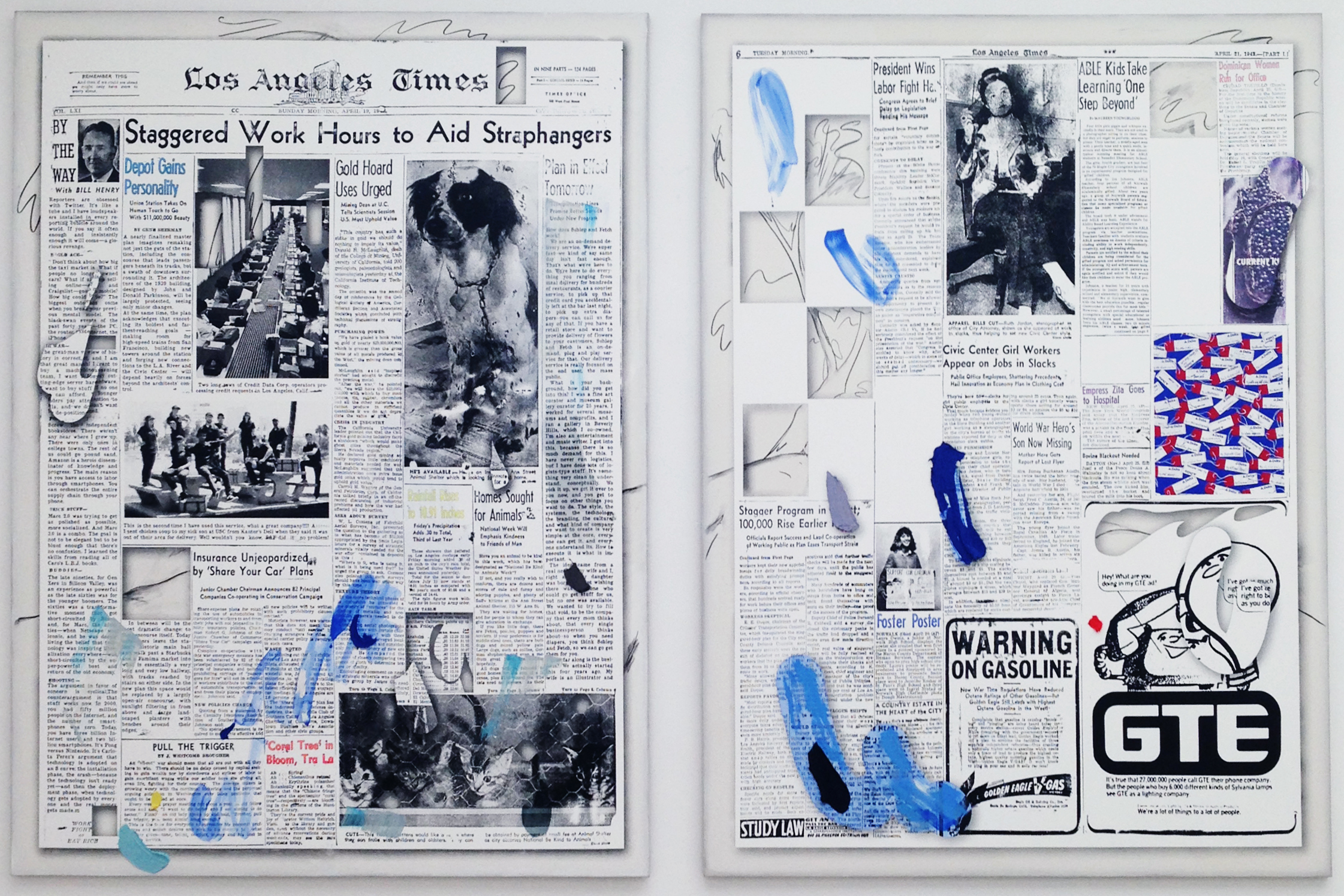Sanders Foundation Announces New “Philosophy in the Media” Fellows
The Marc Sanders Foundation has announced the inaugural class of fellows in its recently launched “Philosophy in the Media” program.

[Laura Owens, untitled, 2015]
There were 264 applicants for the 2021-22 fellowship class. 29 were selected. Each will receive workshop training, connections to industry professionals, and a $1500 honorarium. The program is funded in large part by a Public Engagement Grant from the John Templeton Foundation.
You can see who the new fellows are here.



Congratulations to all the fellows! This is a great opportunity and initiative. I was a bit surprised to see so many senior (or at least non-junior) philosophers in this inaugural group. I guess the need to acquire training and connections never ends.
Congratulations! So jealous! What a great thing for these philosophers and all of us.
I knew I had forgotten to apply to something.
Congratulations to all the fellows. They all are impressive and many are indeed prestigious. I want to thank both the Marc Sanders Foundation and the John Templeton Foundation and everyone involved for this fantastic initiative. The gender balance of the cohort is highly commendable. With deep respect to the Selection Committee, whose members I’m sure had an unenviably difficult task, I wish for the good of the program, our profession, and the public that this program was designed to serve, more qualified philosophers of color and qualified philosophers from institutions other than R1 or research-intensive institutions or private liberal arts colleges or universities had been included in the inaugural class of 29 fellows. As an unsuccessful applicant, I know saying this would make me appear self-serving, whiny, petty, or otherwise unseemly. However, as someone committed to DEI and currently chairing the APA Committee on Asian and Asian American Philosophers and Philosophies and thus serving in an ex officio capacity on the APA Committee on Inclusiveness in the Profession, I feel compelled to share my perspectives though I don’t claim to speak for anyone else here.